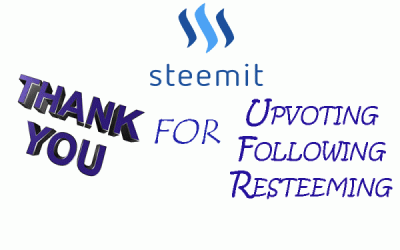Freedom of expression is a fundamental right. Its limits are exceptions that are sometimes difficult to define and that evolve with time and use.


It is thus not a question of restricting the freedom of expression of anyone, whether teacher, non-teaching staff, school head, pupil or parent, but to recall the limits set by law.
The Declaration of the Rights of Man and the Citizen of 1789 states :
"The free communication of thoughts and opinions is one of the most precious rights of man, so any citizen can speak, write, print freely, except to answer for the abuse of this freedom in cases determined by law. "
The principle is thus laid down but it is necessary to know the limits. These are relatively numerous because of the number of specific exceptions relating to the particular status of individuals (reserve duty, for example) or the nature of the information concerned (medical secret, defense secret). Nevertheless, some general rules can be cited :
Limit 1 : Do not infringe the privacy and image rights of others.
Limit 2 : Not to make certain remarks prohibited by the law: the incitement to the racial hatred, ethnic or religious, the apology of war crimes or terrorism, the discriminatory remarks by reason of sexual orientations or a handicap , the incentive to use narcotics, negationism.
Limit 3 : Not to make defamatory remarks: Defamation is defined by any allegation or imputation of a fact that harms the honor or the consideration of a person. It is possible to defend against a charge of defamation to invoke the exception of truth, that is to say to report the proof of the truth of his words (unless the defamation concerns an element of private life).
Limit 4 : Not to make offensive remarks: the insult is defined as any outrageous expression, terms of contempt or invective which does not contain the imputation of any fact.
Limit 5 : There are also specific limitations such as professional secrecy, business secrecy and defense secrecy that prohibit the publication and disclosure of certain information.
Limit 6 : Some people, because of the function they occupy, are held to a "reserve duty". This is the case for public servants who must express their opinions in a cautious and measured manner, so that the expression of their opinions, especially political opinions, is in keeping with the interests of the public service and the dignity of the functions held. The higher the hierarchical level of the civil servant, the more severe is his reserve obligation.


Anyone can express themselves, but other people barely listen.
I've been doing some webcam vlogging and writing, but without any results
Downvoting a post can decrease pending rewards and make it less visible. Common reasons:
Submit
Muy buen articulo, a practicar todos la libre expresion !
Downvoting a post can decrease pending rewards and make it less visible. Common reasons:
Submit